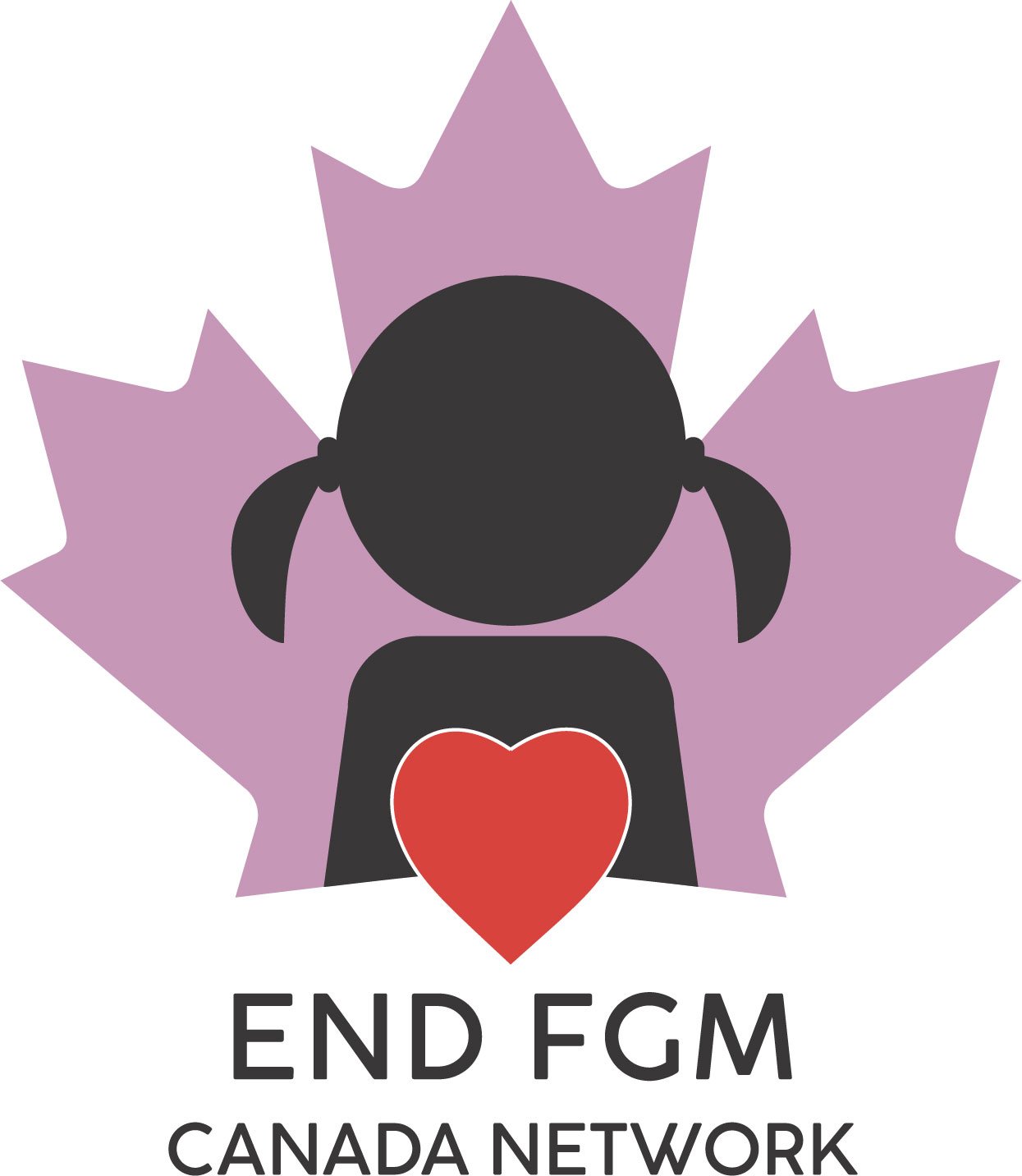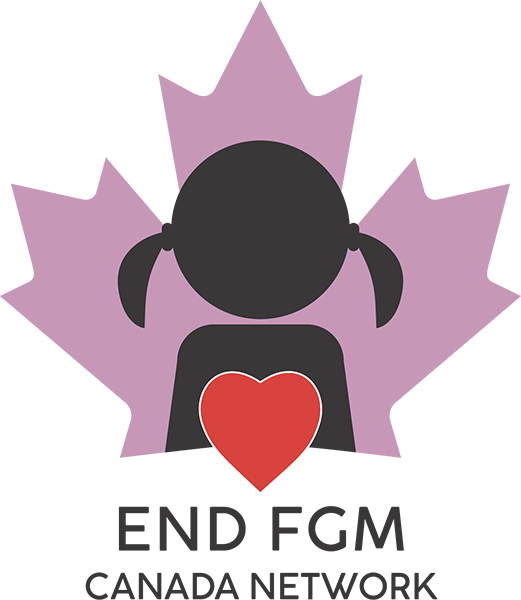
FGM/C TRAINING
Why do we need a FGM/C Training?
Can we have a paragraph here about why the training is important?
TRAINING MODULES
-

FOUNDATION MODULE
This is the description goes.
-

MENTAL HEALTH MODULE
Description goes here
-

TEACHER MODULE
This module is intended for educators within the school system who are in a unique position to protect children from female genital mutilation/cutting (FGM/C). Teachers and other staff see children regularly and have the opportunity to recognize and act when a child might be at risk. Further, as an educator in a position of trust, children will often disclose things to you they may not share with other adults. In this module, you will learn how to protect children at risk for FGM/C, respond to disclosures related to FGM/C, and report known or suspected cases of FGM/C.
-

MEDICAL MODULE
This module is intended for healthcare professionals (e.g., physicians, physician assistants, medical trainees, nurses, midwives) in Canada who care for those who have undergone female genital mutilation/cutting (FGM/C). The module addresses the context of FGM/C and your role in caring for those with FGM/C, including during pregnancy. You will learn about the health impacts of FGM/C, identifying and documenting FGM/C, defibulation, and other treatments for FGM/C, as well as how to communicate about FGM/C with patients and their families.
*If you are not a medical professional do not take this module.
-

LAW ENFORCEMENT MODULE
This module is intended for law enforcement and border services officers who are in a unique position to protect girls and women from female genital mutilation/cutting (FGM/C). You will learn what you can do to help prevent FGM/C, what steps to take if you believe a girl or woman is at risk for FGM/C, and what action to take if you suspect FGM/C has occurred.
-

SOCIAL WORKER MODULE
This module is intended for social workers and other social services staff who work with individuals who have been impacted by female genital mutilation/cutting (FGM/C). You will learn how to support those who have experienced FGM/C, as well as protect children at risk for FGM/C. The module also provides guidelines for effectively communicating with those impacted by FGM/C and adopting a trauma-informed approach.

